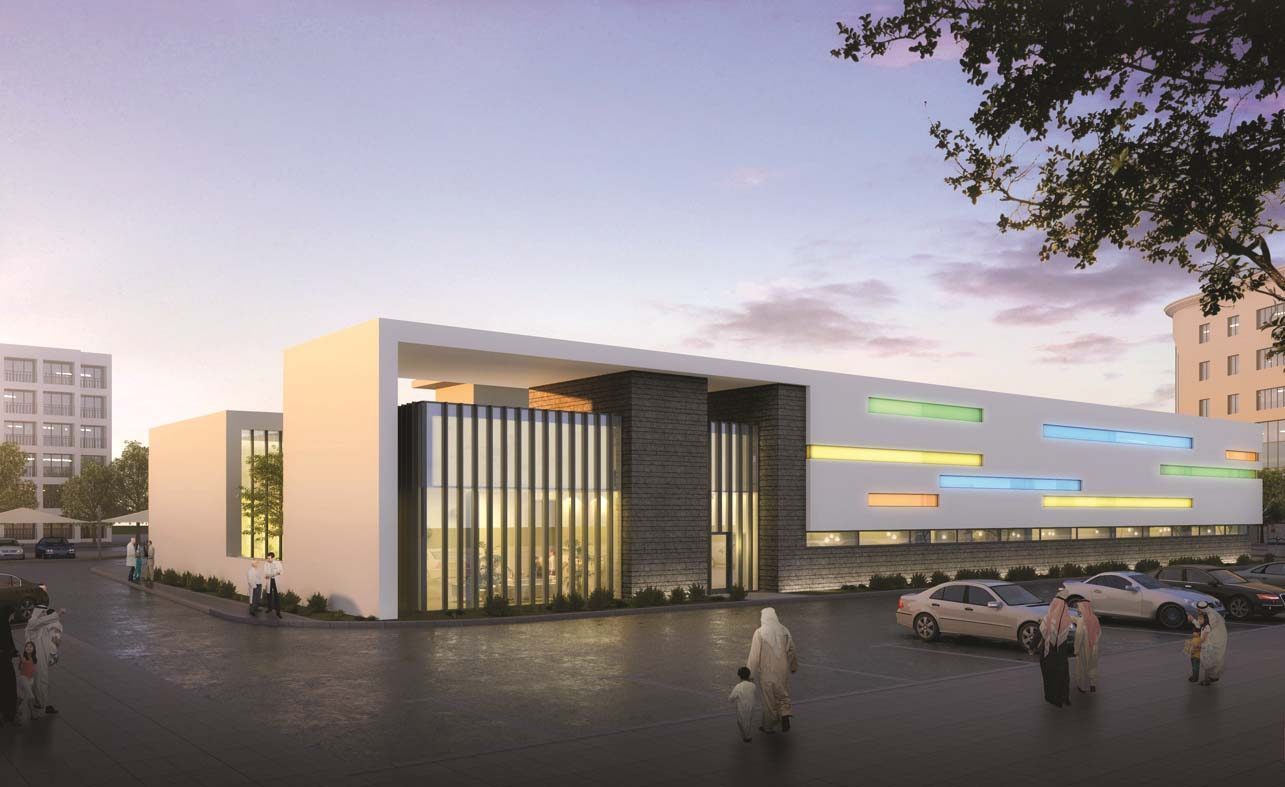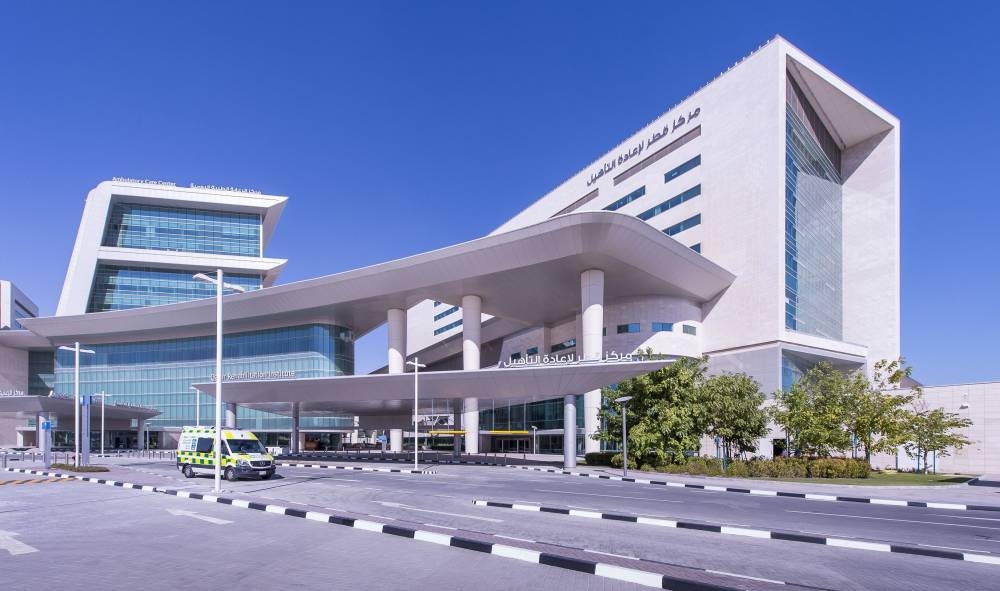
The Al Sadd Pediatric Emergency Center is expected to complete its expansion by the end of July and become operational by the end of this year – but the work still won’t be enough to accommodate growing demand for children’s services in Qatar, a senior doctor has said.
“The expansion will help, but it won’t eliminate the waiting (list and congestion) in Al Sadd PEC – we need a bigger emergency center that is part of a hospital,” Dr. Mohammad Al Amri, deputy director of the center, said in an interview with Al Arab.
Al Sadd is HMC’s main pediatric emergency center in Qatar, and is located on C-Ring Road. It’s open 24 hours a day, seven days a week.
There are other centers located in Al Rayyan, Al Shamal , the Airport, and Al Daayen districts. But there are no expansions underway in these centers, according to Al Amri.

The PEC is overcrowded in part because parents often take non-urgent cases there. The biggest draw is that even non-emergencies are typically handled in less than 30 minutes.
In rare cases, some patients have to wait for up to two hours to be examined, especially in the winter months, during peak hours from 4pm until midnight, according to Al Amri.
He added that there was a new plan in the works to establish a pediatric hospital, where the lower floor is dedicated to the emergency department, “because being far away from Hamad Hospital makes our work more difficult,” he said.
He continued:
“A child is supposed to stay a maximum of four hours in the observation room and then be transferred to a hospital or go home, but at Al Sadd Emergency (Center), some patients stay from 48 hours to four days.” He said. “We now provide emergency care as well as in-patient care.”
Hamad Medical Corp. (HMC) recently announced a 15-year plan to double the number of hospital beds and operating theaters in the country by 2030, but its documents did not include mention of a new pediatric hospital.
Separately, Sidra Medical and Research Center, a Qatar Foundation-funded women and children’s hospital, is set to open in Doha within the next few years, but this not would be related to HMC PECs.
With regards to HMC’s long-term plan, the Al Sadd Pediatric Center’s expansion was included.
While many lauded the eventual increase in health services here, some members of the Central Municipal Council slammed the plan, saying it wasn’t enough.
They said that due to the rapid increase in the country’s population and the upcoming 2022 World Cup, Qatar would need at least 10,000 hospital beds by 2030, not just 4,200.
Expansion
According to Al Amri, the PEC expansion will increase the facility’s capacity by about 25 to 30 percent.

The number of beds in the observation rooms will increase from 42 to 55, and two more beds will be added to “rooms designated for taking vital signs.” The number of examination rooms will also increase from 13 to 17 rooms, he said.
Renovations also include a bigger family waiting area, separate male and female waiting areas and a larger pharmacy.
More nursing staff, 18 pediatric doctors and six consulting physicians have been hired to treat the additional patients, in line with the expansions.
Child treatment
Separately, Al Amri elaborated on a recent decision requiring parents to accompany their children to receive treatment in public pediatric centers.
Children who are brought in for routine or non-emergency treatment by a housemaid, nanny or driver would not be treated, according to the decision, which was implemented April 1.

This is because household staff are often unable to answer medics’ questions about a child’s medical history, allergies or other issues, which can compromise the treatment of the child.
Additionally, doctors need the legal permission of parents before conducting certain tests.
Al Amri said that Al Sadd Center used to receive from 60 to 90 patients a month who were not accompanied by their parents.
“The excuse is always that the mother and father are busy,” he said.
He added that the only excuses accepted for treating children without their parents is travel or illness, not work because parents could always take permission off work to take their children to the hospital.
Al Amri also touched on child abuse, saying that the center received 26 suspected cases in 2014.
The PEC usually reports these cases to the authorities, the social services department affiliated with HMC and the Qatar Foundation for Protection and Rehabilitation, to follow up and protect the children from the abusers, he said.
However, some residents have complained that health officials in Qatar must work on handling these cases more sensitively.
Thoughts?







